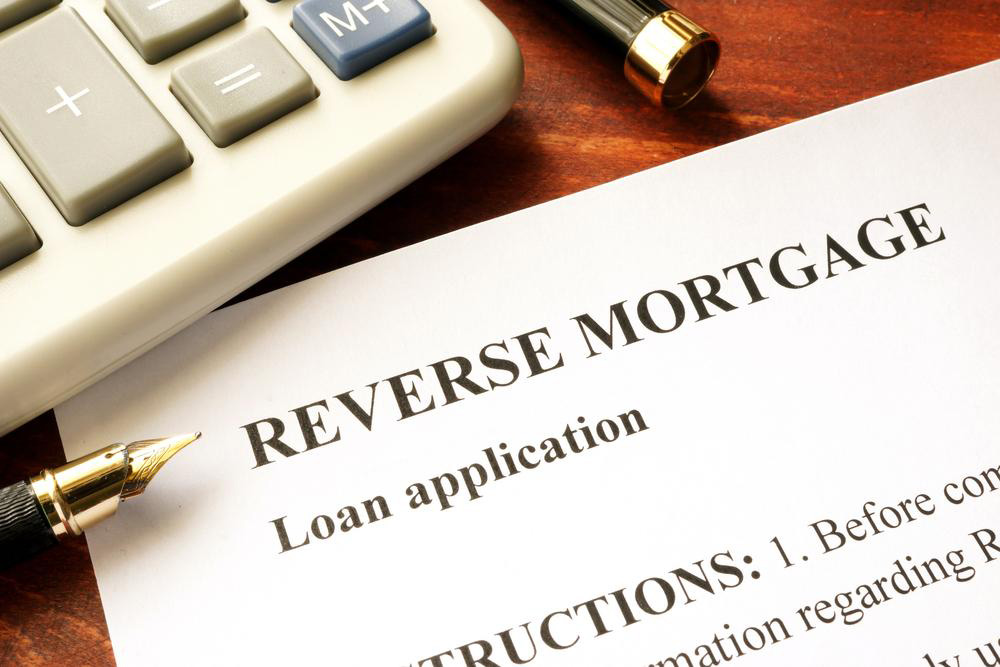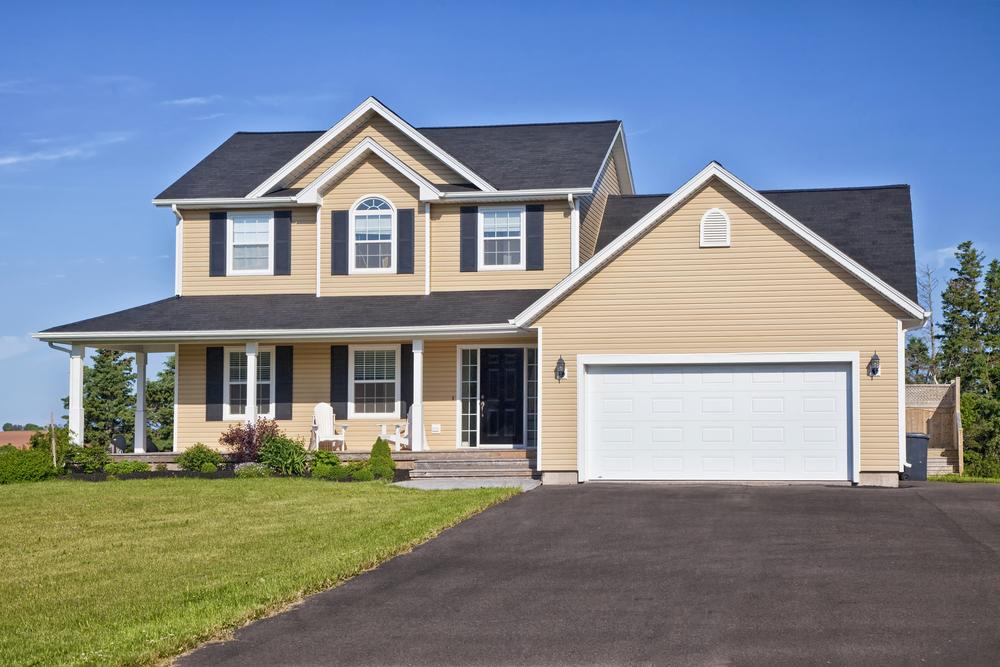Choosing the Right Mortgage Term: 15-Year vs. 30-Year Options
Learn how to choose between a 15-year and a 30-year mortgage by understanding interest rates, payments, and your financial goals. This guide compares the pros and cons of each option to help you make an informed decision tailored to your career stage, savings, and retirement plans.

Choosing Between 15-Year and 30-Year Mortgage Plans
When shopping for a home loan, you'll encounter two main options: a 15-year mortgage and a 30-year mortgage. A 15-year loan typically offers lower interest rates and faster payoff, while a 30-year loan features lower monthly payments, easing your cash flow.
Understanding how payments work, including principal and interest components, is crucial. Consider your current finances, future income, age, employment history, and savings plans to decide which mortgage suits you best.
Here's a comparison to help you determine the right choice for your financial situation:
Interest Rates and Monthly Payments
Although 15-year mortgages often have lower interest rates, they require higher monthly payments, which can impact your budget significantly. If you're comfortable with larger payments and plan to prioritize mortgage repayment, a 15-year term may be suitable. Conversely, if you prefer manageable monthly costs to allocate funds elsewhere, a 30-year loan might be better.
Related Reads: 6 Strategies for Buying a Home Without a Mortgage
Is This Your First Home?
If you're buying your first property and want to keep initial costs lower or extend affordability, a 30-year mortgage can make sense. Additionally, adjustable-rate mortgages (ARMs) offer fixed low rates early on but adjust later, ideal if you plan to sell soon.
Considering Refinancing?
If after some years, a 30-year mortgage feels too long, refinancing into a 15-year loan is an option to pay off faster and save on interest.
Retirement Planning
Approaching retirement? Opt for a 15-year mortgage to become debt-free before retiring and reduce financial stress.
Savings Discipline
If you're inconsistent with savings, a 30-year mortgage allows lower payments, giving flexibility to invest or save more for retirement. However, avoid entering retirement without savings and still owing on your mortgage.
Flexibility in Repayment
30-year mortgage: You can make extra payments to shorten the term.
15-year mortgage: Higher monthly payments leave less room for flexibility but ensure a quicker payoff.
Keep informed about mortgage trends by visiting Mortgage updates. Follow us on Facebook and Twitter for the latest investment tips.










